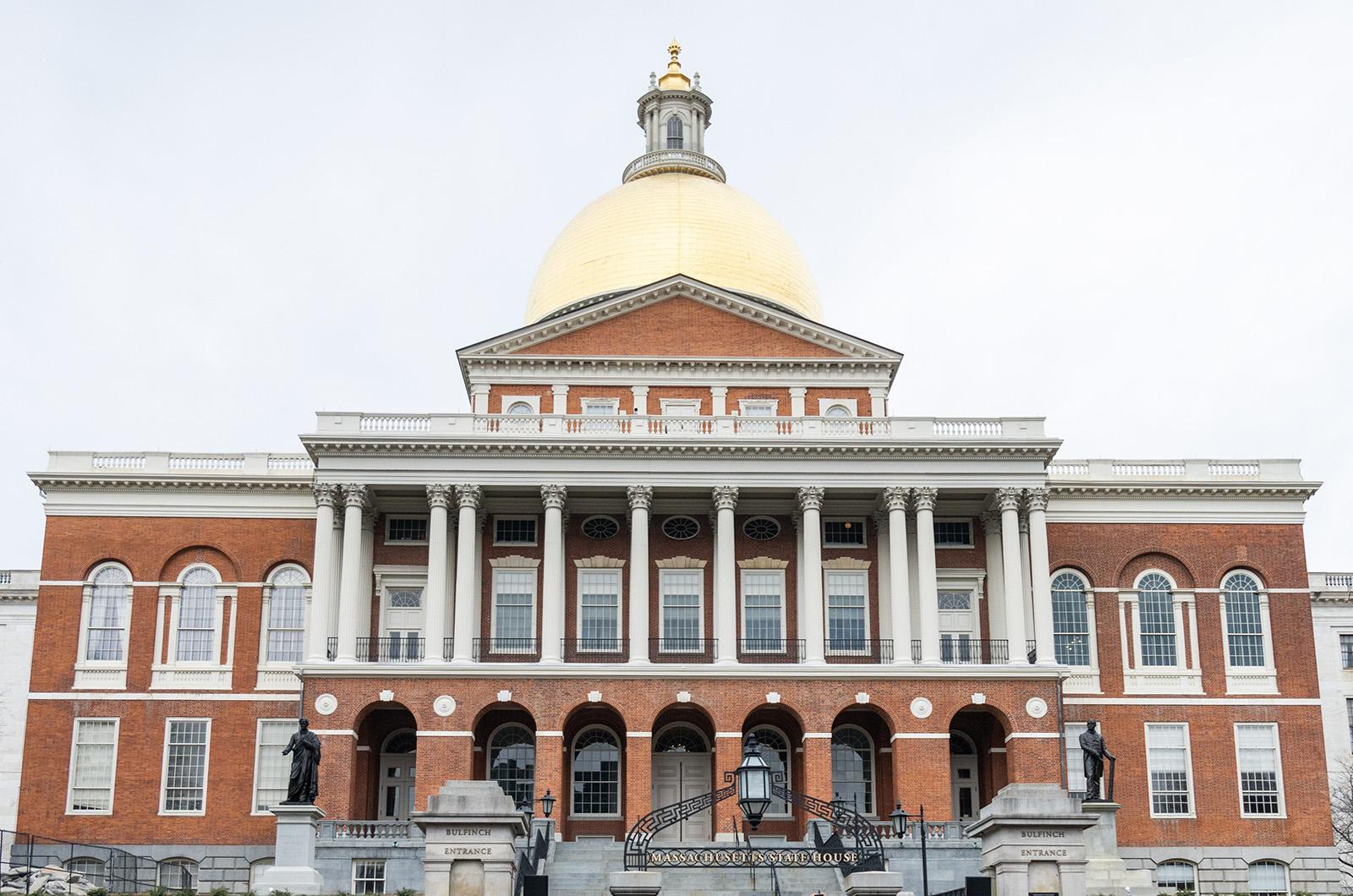Island housing advocates went to Boston Thursday to voice their support for Gov. Maura Healey’s Affordable Homes Act.
In a legislative hearing at the statehouse, several Vineyarders threw their weight behind a local option transfer fee, the new seasonal community designation and other measures intended to alleviate the state’s housing affordability crisis.
The Healey administration unveiled the Affordable Homes Act in October, buoying housing bank activists who had long advocated for a local option transfer fee. The fee, a 2 per cent tax on some real estate transactions over $1 million, would be used to fund a regional housing bank for affordable housing projects. Island advocates were also encouraged by language for a seasonal community designation, which could potentially open up alternative sources of funding for resort communities such as Martha’s Vineyard.
The bill went before the Joint Committee on Housing Thursday in a hearing that saw representatives from communities across the Commonwealth speak to the dire need for affordable housing options. State Sen. Julian Cyr, a Democrat who represents the Cape and Islands, opened the hearing with a picture of the situation on the Vineyard, where the median home price has increased 74 per cent.
“We are increasingly facing the reality that we are going to need subsidized housing not just for low-income individuals but for firefighters, teachers…people making over 200 per cent of the area median income,” he said.
Mr. Cyr admitted that he could not even afford a home in his hometown of Truro, where an individual would need to make $400,000 a year to afford the median home.
“My feeling is that I need to find a husband that makes a lot of money,” he joked.
Island housing planner Laura Silber and Dukes County sheriff Bob Ogden were among those advocates representing the Vineyard, where the median home price just reached $1.4 million. Although overall in support of the bill, Ms. Silber did ask for one key amendment to the local option transfer fee language: that the tax should fall on the buyer, not the seller.
The original petition by Vineyard towns had asked that the transfer fee apply to the buyer, partly out of concern that the tax would discourage longtime residents from selling their homes. Gov. Healey’s bill currently places the onus on the seller instead.
Ms. Silber also asked that the state senate look into mechanisms to publicly fund municipal workforce housing projects, citing a 2016 measure for teachers in California as a potential model. Mr. Ogden pointed to the Island’s difficulties hiring and maintaining public safety personnel because of runaway housing costs.
“These measures ensure we can entice the best and brightest to our shores,” Mr. Ogden told the committee. “We cannot wait any longer to ensure the men and women who protect our communities can afford to live where they work.”
Mr. Cyr has long championed the local option transfer fee as a necessary source of funding for municipal projects. Throughout the hearing, Mr. Cyr pushed back against business and real estate advocates who raised concerns that a transfer fee would hurt development in the long-term.
“What are your alternatives to a revenue source if not a transfer fee?” he asked representatives from the Small Property Owners Alliance. “We need real hard cash.”
Vineyard public schools assistant superintendent John Stevens and Island Health Care chief public officer Kathleen Samways also spoke in favor of the bill and the relief it would provide to the Vineyard’s most vulnerable.
“Ironically, our staff who support our homeless and most at-risk patients…often grapple with housing insecurities themselves,” Ms. Samways said.
State Sen. Lydia Edwards, a Democrat from Boston, told the panel she was impressed by the diverse coalition that had shown up to represent Vineyard.
“It’s incredible to have you all here,” she said.







Comments (6)
Comments
Comment policy »